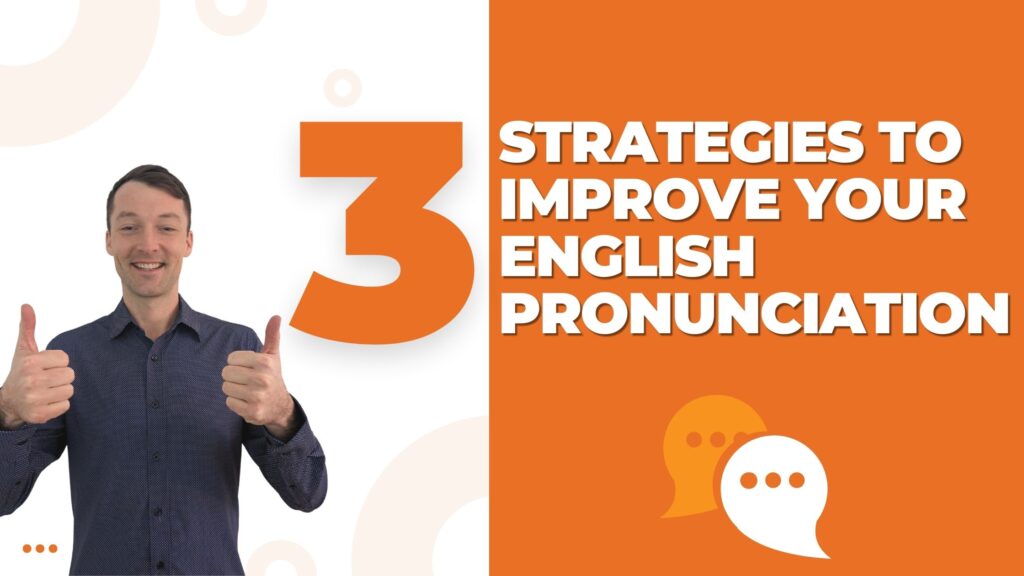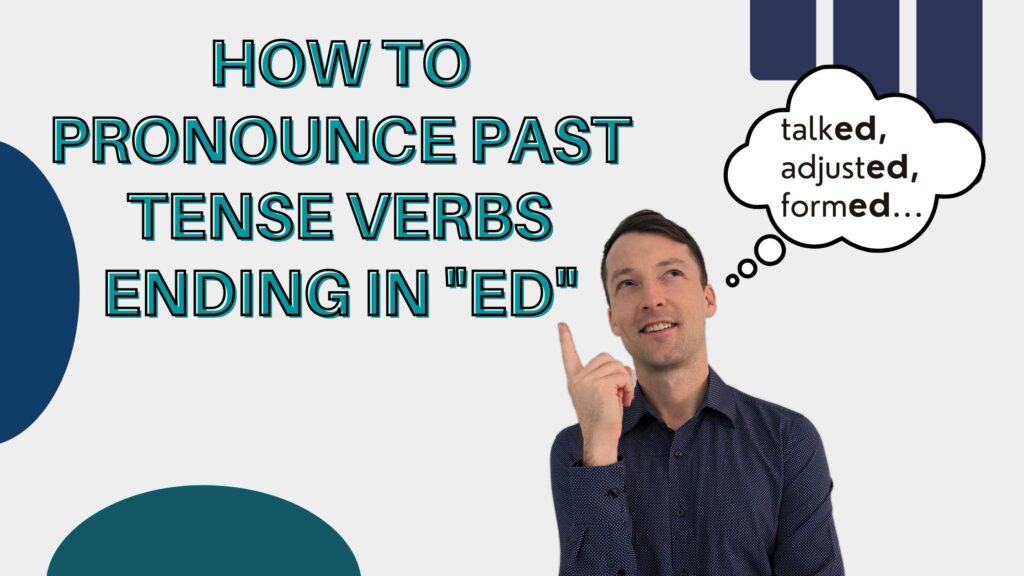Indefinite pronouns take the place of a noun, just like other pronouns. However, they do not refer to any specific thing. For example, we can say,”Miguel works in a hospital.” We can also say, “He works in a hospital. He takes the place of Miguel. However, if I do not know Miguel’s name, I can say,”Someone works in a hospital.” Someone is an indefinite pronoun. It refers to a person, but not a specific person. In this posting I give you many indefinite pronouns, and I talk about how to use them. There will be many example sentences. The download at the end will give you additional practice in using indefinite pronouns.
What are indefinite pronouns?
Indefinite pronouns take the place of a noun. They do not refer to a specific person, place or thing. They may be used as both subjects and objects, just like other pronouns. Sometimes they may function as adjectives. They may be singular or plural. We use indefinite pronouns when we are talking in very general terms or when we don’t know the name of the specific person, place, or thing we are talking about.
Indefinite pronouns that are singular and refer to a person
The indefinite pronouns below are always considered singular, even though they may imply more than one person. You will see a list of these pronouns. The first example sentence for each pronoun will be written without an indefinite pronoun. The second will contain an indefinite pronoun. Note that the meaning of the sentences changes somewhat with the use of indefinite pronouns.
- anybody–I didn’t see John and Mary. I didn’t see anybody.
- anyone–This pronoun has the same meaning and use as anybody.
- everybody (everyone)—All my neighbors put up their Christmas lights. Everybody (or everyone) put up his or her Christmas lights.
- somebody (someone)–A thief stole my car! Someone stole my car!
- nobody (no one)–She knocked on the door, but no people were home. She knocked on the door, but nobody was home.
Indefinite pronouns that are singular and refer to a place
The following indefinite pronouns are also singular, even if they imply more than one. Again you will see a sentence without the indefinite pronouns, and one with them.
- anywhere–I didn’t go to Paris or Rome on vacation. I didn’t go anywhere on vacation
- everywhere–He looked all over the house, but he still couldn’t find his phone. He looked everywhere, but he still couldn’t find his phone.
- somewhere–I want to go to college at CU. I want to go to college somewhere.
- nowhere–I didn’t go out last night. I went nowhere last night.
Indefinite pronouns that are singular and refer to a place
The indefinite pronouns that follow are singular, even if they imply more than one. They refer to a thing. Again, you will see one sentence without the indefinite pronoun, and one with it.
- anything–I don’t have the money or the time that you need. I don’t have anything that you need.
- everything–We took all our things to our new house. We took everything to our new house.
- something–Ahmed gave Sarah a gift. Ahmed gave Sarah something.
- nothing–I don’t have things in my pockets. I have nothing in my pockets.
Indefinite pronouns that are plural
The indefinite pronouns are considered plural. You will see the pronoun, a brief definition of it, and an example sentence.
- both (two)–Do you like coffee or tea? I like them both.
- few (a small number)–Were there a lot of people at your party? No, only a few.
- many (a large number)–We need to get more chairs. People are arriving and many don’t have a place to sit.
- all (everybody)–All (people) have arrived. We can get started.
- most (the majority of people or things)–Some people like strict bosses, but most do not.
- some (certain people or things)–Some prefer cake. Some prefer pie.
- others (certain people, when contrasted with some)–Some like hot weather. Others like cold weather.
- none (no one or nothing)–None of the people I expected came.
Indefinite pronouns that function as adjectives
The indefinite pronouns below can also modify a noun. When this happens, they function as adjectives. Many of these have appeared on other lists in this posting. When used alone, they are pronouns. When modifying a noun, they are adjectives.
- either/neither–I’ll take either office. Which one do you want? Neither one for me!
- both—Both cars are brand new.
- many—Many people love football.
- few–Only a few people can speak seven or eight languages.
- all— Almost all people love a good movie.
- each-We bought a present for each child.
Note–We can also say,”We bought a present for each.”
- most—Most dogs bark to defend their territory.
- some—Some people are difficult to please.
- other—Some people like winter, but other people prefer summer.
Note–We can also say,”Others prefer summer.”
- several–I have several suggestions for you.
Note–We can say,” I have several for you, ” if you already know that we are talking about suggestions.
Other indefinite pronouns
The following indefinite pronouns are very general.
- little (or a lot,lots)–Little is known about the early life of the Buddha. A lot is known about the life of Abraham Lincoln.
- much—Much has happened since I saw you last.
Also–A lot (or lots) has happened since I saw you last.
- one-(This means an unidentified person.)–Can one smoke here? This means, “Is smoking allowed here?”
- you–(This is similar to one–an unidentified person.) Can you smoke here? This also asks if smoking is allowed here.
- they (unidentified people in general)–Once, everyone who got cancer died, but now they have many ways to treat it successfully.
You now know that an indefinite pronoun takes the place of a noun, but does not refer to anyone or anything specific. We use indefinite pronouns when we are speaking in general terms, or when we do not know the names of a specific person, place, or thing. Indefinite pronouns may be singular or plural. They may function as subjects or objects in a sentence. They many also function as adjectives if the modify a noun. The download will give you more practice using these important types of pronouns
Idioms of the day
- to leave a bad taste in one’s mouth–This means to leave someone with a bad feeling about someone or something. The meeting was very stressful. It left a bad taste in my mouth.
- to have a chip on one’s shoulder–This means to be angry and always ready for conflict. It’s hard to be around her because she always argues. She must have a chip on her shoulder.




